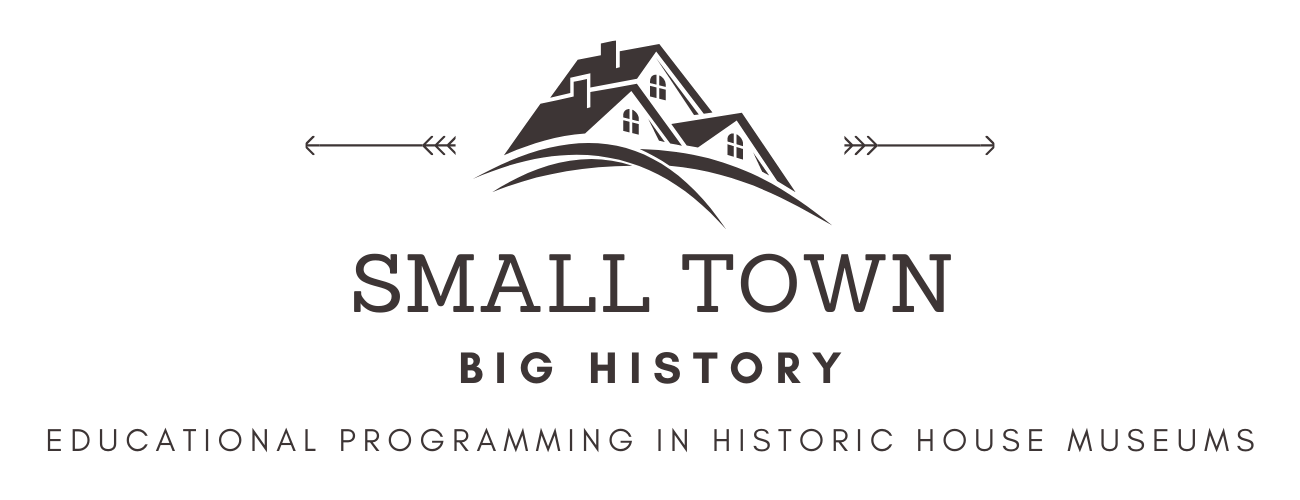In our work with museums and historic properties, which largely consists of strategic planning, development planning, interpretive planning, and organizational coaching, we often find ourselves addressing both chronic and acute financial challenges. Many institutions have gone through years of red ink, eviscerated their reserves, and downsized staff. Even institutions with large endowments have faced layoffs and cash restrictions. More often than not, immediate financial concerns prevent the thoughtful implementation of plans for the future.
Such financial crises can get you down. It’s hard to be optimistic about the future. Yet, we are optimistic because we understand that the problem is structural and reflects neither the inherent value of historic sites nor the competency of those who lead them. We believe that historic properties will thrive over the next twenty years if they respond to changing external realities.
Anita Nowery Durel Historian
“ The first and fundamental challenge is the idea that we could support the long-term operation and preservation of these places simply through tour revenue”
Katherine Malone-France
Senior Vice-President of Historic Sites
Interview with
Lisa Junkin Lopez
Vice President of Learning and Community
Shedd Aquarium Chicago, IL
Challenges museums are facing…
Small Town Big Challenges
It is a fact that historic house museums are understaffed, need maintenance and require the diligent dedication of volunteers and staff to survive. The significant architectural history and land property are assets sometimes not enough for their long-term sustainability. With newly acquired lifestyle shifts due to the COVID-19 pandemic restrictions, there is the concrete need for help and support. Museums are challenged in their strategies for planning and execute culturally enriching programs that are crowd pleasers. This quick pivot should involve a focus on staff and their professional development to be able to embrace their unique sites now as virtual platforms that act as educational anchors to their communities.
“Educators are one of the most vital components of a successful, sustainable online program. Museums can set their staff up for success by investing in professional development to support and encourage educators as they develop new programs in an often unfamiliar format - institutions must invest in their staff to encourage the creation of high-quality online programming that is beneficial for learners of all ages.”
Megan Ennes Assistant Curator Museum Education National History Florida
